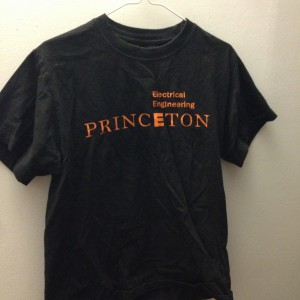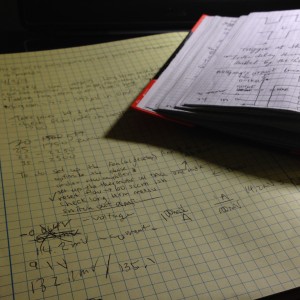
Last week, Melissa told us about her ruminations on and approaches to deciding a major. This week, I wanted to offer some of my own thoughts and reflections on why I chose to stick to the path to BSE two years ago.
To many people, engineering seems to be the hard way through college. Engineering classes notoriously lower GPAs, cause intense stress, and work you to the bone. I can’t deny I’ve had a generous share of that, as someone who’s far from the sharpest mind in electrical engineering. Sometimes it can really take a hit on my self-esteem—and it’s no lie that I’ve experienced first hand how engineering classes make you work at your limits, force you to think differently, and labor at solving problems that don’t have set answers. But that’s because the end goal is to make a coherent working system that will perform a task, which is often immensely complex, while working within physically possible limits. In other words, rather than only thinking and planning, the result is something that really works and that can interact with society in some meaningful way. And successfully creating such a system is a very satisfying feeling indeed.
The difficulty people associate with engineering often clouds that end goal.While it’s true that engineering certainly isn’t for everyone, engineering offers you a different outlook and approach to life that can benefit you far beyond the academic field. Continue reading Engineering a New Outlook: The BSE Path






